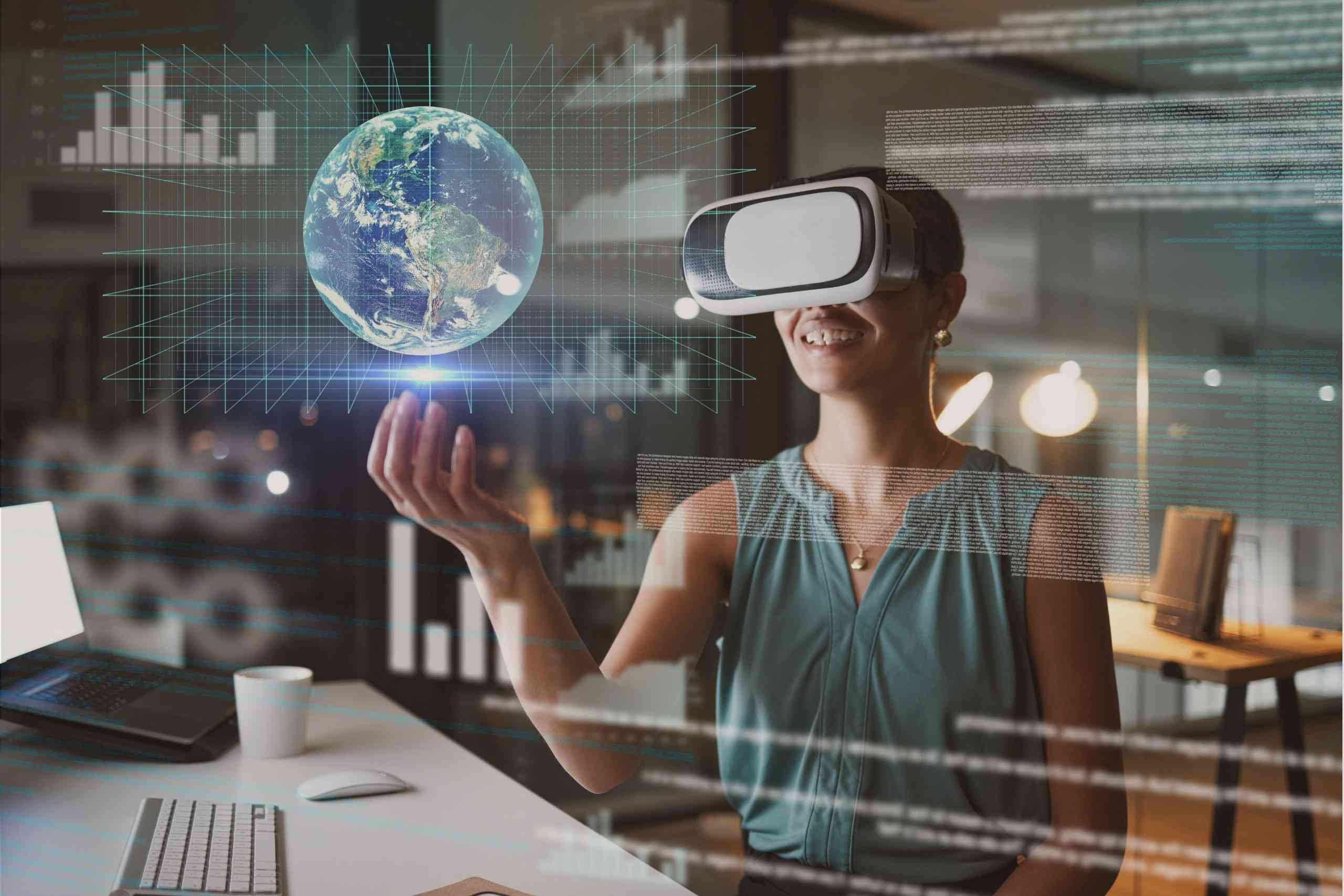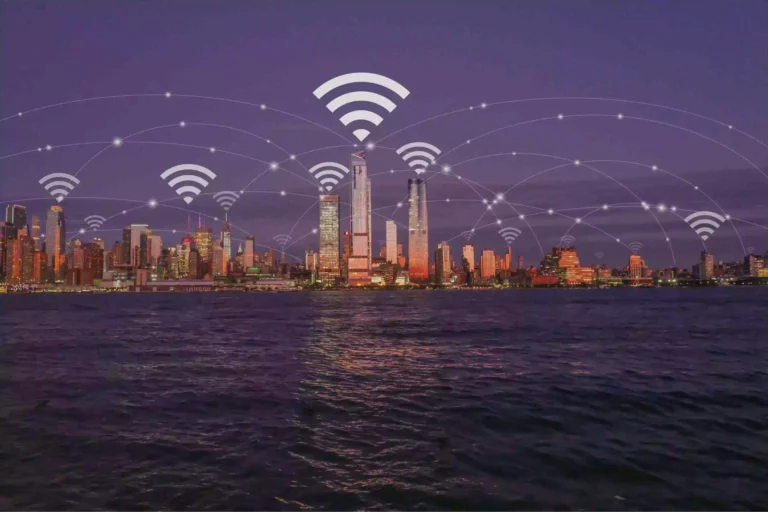The Future of Virtual Reality: How VR is Revolutionizing the Tech Industry
Virtual Reality (VR) is transforming the tech industry by offering immersive experiences and new applications. It is revolutionizing sectors like gaming, healthcare, and education. Virtual Reality has come a long way from its early days of clunky headsets and limited applications. Today, VR is pushing boundaries and creating immersive, interactive experiences. Industries are leveraging VR for training, simulations, and customer engagement. Gaming has seen a significant evolution with VR, offering players a more immersive experience. Healthcare professionals use VR for surgical training and therapy. Education benefits from VR by providing virtual field trips and interactive lessons. As technology advances, the possibilities for VR seem endless, making it an exciting field to watch. The future of VR holds immense potential to reshape how we interact with the digital world. Virtual Reality brings new life to gaming. Players feel inside the game world. They can move and interact freely. Graphics are more realistic. Sound is more immersive. Multi-player games are more engaging. Gamers connect with friends around the world. VR headsets are now more affordable. Game developers create unique experiences. VR is changing the way we play. Movies in Virtual Reality are exciting. Viewers feel part of the story. They can look around and explore. Directors create scenes in 360 degrees. The audience sees everything. Special VR theaters offer new experiences. Home VR systems also bring movies to life. Immersive cinema is the future of film watching. Virtual Reality (VR) is helping in mental health treatment. Patients can face their fears in a safe environment. VR is used in physical therapy too. It makes exercises fun and engaging. Patients stay motivated and recover faster. Doctors can practice surgery without any risk. VR provides a realistic experience. They can learn new techniques safely. Mistakes in VR do not harm real patients. This leads to better and safer surgeries. Virtual classrooms are changing the way we learn. Students can attend classes from anywhere. This means no more long trips to school. Teachers can use VR to show exciting things. Imagine learning about the ocean by swimming with fish. This makes learning fun and engaging. VR helps in skill development too. Doctors can practice surgeries without any risk. Pilots can fly planes in a virtual world. This helps them learn better and faster. Practice makes perfect, and VR gives unlimited practice. Virtual Reality (VR) is changing how teams work together. People can now meet in virtual rooms. They no longer need to be in the same location. This makes it easy to share ideas and work on projects. VR helps to reduce travel costs and save time. Teams can feel like they are in the same room, even when they are far away. Virtual offices are becoming more common. Employees can work from home and still be productive. They can access a virtual desk and office tools. This setup helps to balance work and personal life. It also reduces the need for physical office space. Companies can save money on rent and utilities. Virtual offices provide flexibility and convenience. Virtual showrooms let customers explore products from home. Shoppers use VR headsets to enter these showrooms. They can view items in 3D and get a realistic sense of the product. This technology helps retailers reduce overhead costs. VR creates a more engaging shopping experience. Customers can try on clothes virtually. They can see how furniture looks in their home. This improves customer satisfaction and boosts sales. Virtual Reality faces many technical challenges. Current hardware can be expensive and bulky. High-quality VR needs powerful computers. Not everyone can afford this setup. Another issue is motion sickness. Some people feel dizzy when using VR. Improving these technologies is a big task. The future of VR is bright. Researchers are working on lighter and more affordable devices. Wireless VR is becoming more common. Better graphics and smoother experiences are on the horizon. VR could change how we learn, work, and play. This technology has the potential to revolutionize many industries. Virtual reality is transforming the tech industry at an astonishing pace. It enhances user experiences and opens new possibilities. Businesses are embracing VR for training, marketing, and innovation. As VR technology advances, its impact will only grow. Stay tuned for more incredible developments in this exciting field. The future of VR looks promising and boundless.Vr In Entertainment
Healthcare Applications
Education And Training
Workplace Transformation
Retail And Shopping
Challenges And Opportunities
Conclusion







